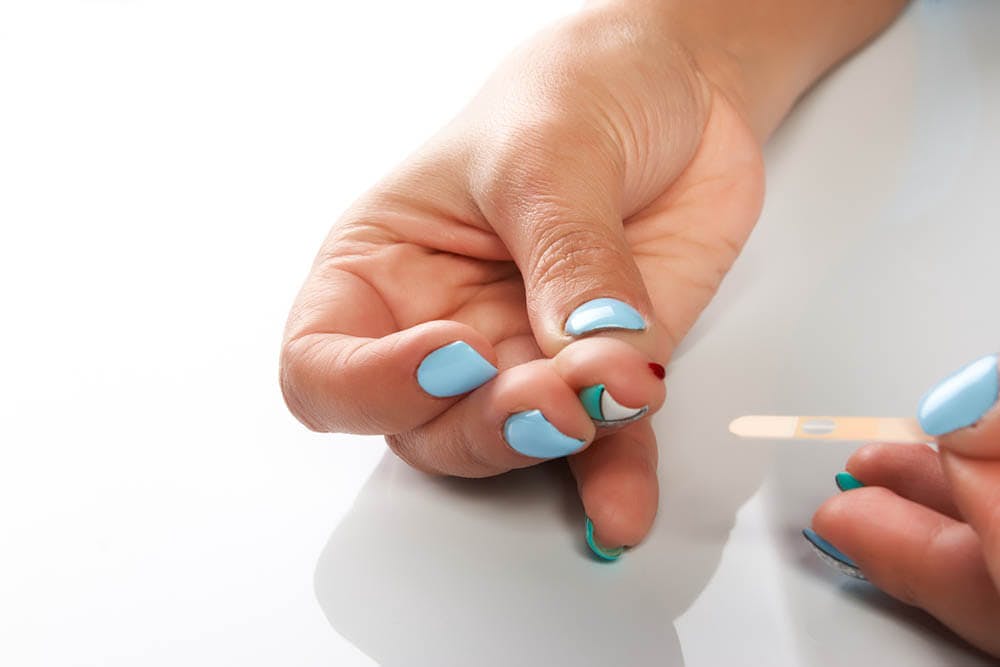We all know medications can be expensive, but insulin is an especially disturbing case. In 1921, Canadian researchers won the Nobel Prize for their successful isolation of insulin in a lab and sold the patent for $3.
Their discovery revolutionized diabetes treatment and made type 1 Diabetes, which was previously considered a death sentence, a manageable disease. However, consumer access has drastically changed as manufacturers have turned insulin production into a commercial enterprise over the course of the past century.
Three companies control 90 percent of the global insulin market: Eli Lily, Novo Nordisk and Sanofi. By operating as monopolies in many countries, these companies have successfully tripled the cost of insulin over the course of 10 years, and they’ve done so practically in lockstep, according to the journal Diabetes Care.
These price hikes have cornered countless diabetics into making life-threatening decisions, such as rationing their insulin supply or avoiding their medication altogether. This is extremely dangerous, as a diabetic without the necessary amount of insulin can experience ketoacidosis - a condition in which blood sugars are too high and the body begins to produce acids in the blood, which can quickly become fatal.
Critics say the cost of insulin is rising at a faster pace than any innovations being made. Consumers have initiated protests and even filed lawsuits against manufacturers, arguing that affordable and accessible insulin is a human right — and they might see some success.

On March 4, drugmaker Eli Lily announced it will begin selling an “authorized generic” of insulin Humalog at half price. However, at $137.35 a vial, many diabetics say this is less than a baby step. Keep in mind, in 1996, this medication debuted at $21.
“It’s showing that our patient-led activism is working,” says Elizabeth Pfiester, founder of UK-based advocacy group T1International, in reference to the recent announcement. “All of these people across the United States who are speaking out, protesting, talking to their legislators, it’s making an impact and that’s a powerful thing to show us that we matter and we have power. But on the other hand, yes this is a step forward, but it’s by no means good enough.”
T1International was founded in 2013 by Pfiester and her husband, who are both Type 1 diabetics. Pfiester grew up in the U.S. and was diagnosed with Type 1 at four years old. It wasn’t until she was off her parents’ insurance that the diagnosis became increasingly difficult to live with.
Facing staggering costs, Pfiester eventually paid the fees to be added back to her father’s insurance in order to afford the medicines that were keeping her alive. In 2010, she moved to the UK to complete her master’s degree, and when she experienced their health care system, free of astronomical insulin prices and debacles with insurance companies, there was no looking back. She moved permanently in 2011.
Many think a good health insurance plan would lessen the blow of these costs for diabetics, and at times it can, but high-deductible plans often cost thousands of dollars out of pocket before they kick in. And if health insurance isn’t an option, many diabetics find themselves in desperate circumstances like having to choose between their medication or their mortgage.
Taking to social media, T1International released an Instagram poll that asked followers what they’ve sacrificed in order to afford insulin. The answers were heartbreaking and included everything from meals, tuition, retirement savings and dreams of careers that don’t offer sufficient health benefits, to things that can’t be quantified like independence, dignity and peace of mind.
The high cost of insulin affects diabetics in all areas of their lives.
As the cost of insulin increases with no end in sight, so too does the urgent need for change as manufacturers, pharmacy benefits managers, insurance companies and the government contribute and perpetuate a dire problem. If the fundamental issue is the lack of access and affordability, finding solutions requires greater transparency from the entire system.
“Things are so hidden and opaque that’s it’s tough to see what’s actually going on behind the scenes," Pfiester says. “So we’ve been pushing, for example, to know the actual production cost to make a vial of insulin and the profits that these companies are getting from each vial. In general there needs to be more transparency across the board so we can see the full picture to know what we can put in place that’s actually going to solve this issue.”
As manufacturers continue to prioritize profits over patients, diabetics all over the world sacrifice and struggle to survive. But they fight, too — for the attention of lawmakers, the honesty of health care systems, and the right and opportunity to live a full and healthy life.
